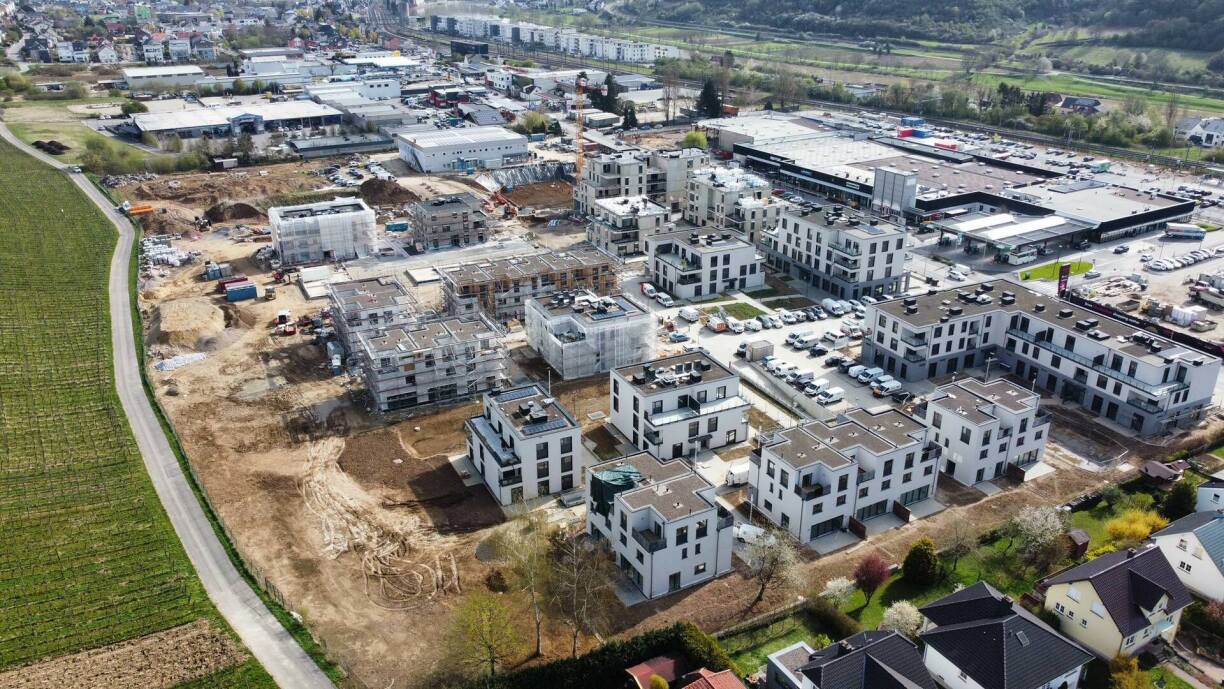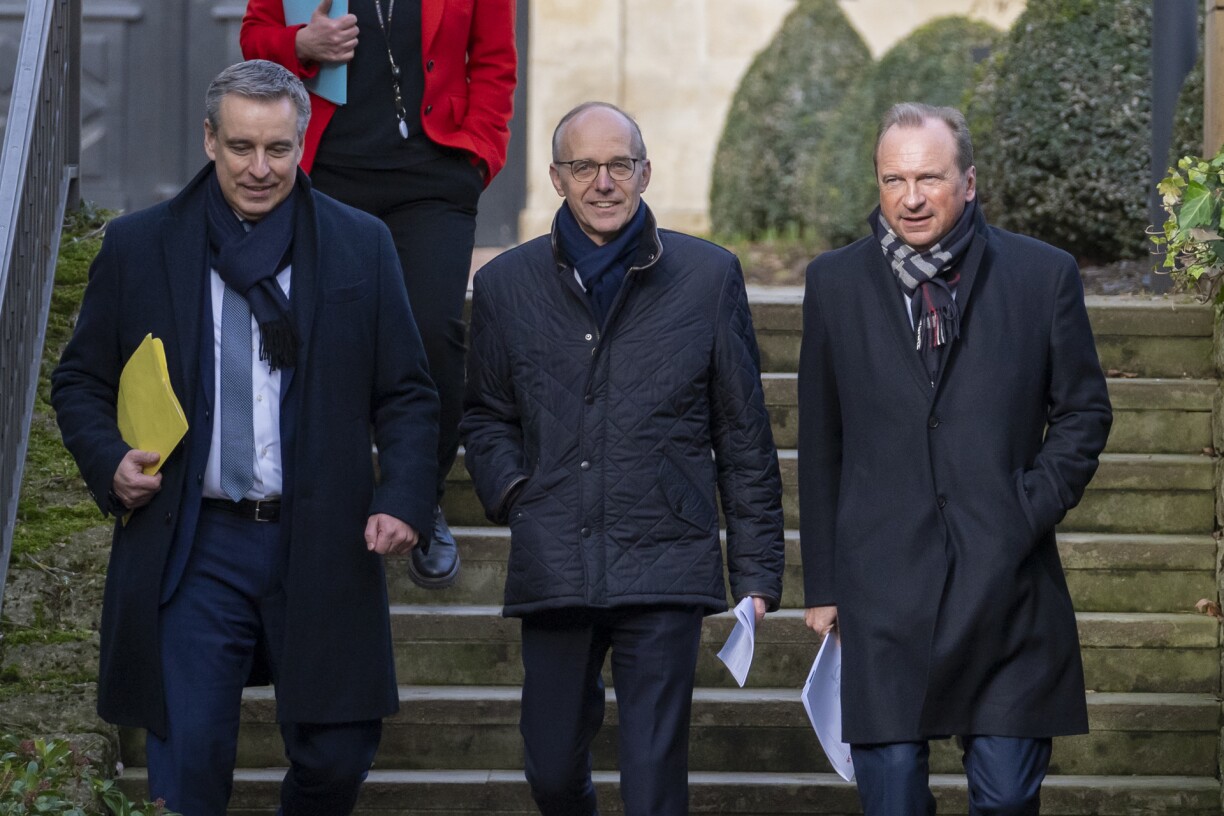
Although the government is set to offer a boost to builders and investors, the issue of land remains crucial in Luxembourg’s housing crisis.
“We need to mobilise the land. We cannot develop our country economically if we cannot house people who want to come here,” Claude Meisch told our colleagues at RTL Infos, appearing on the latest episode of the “La Bulle Immo” podcast.
Le ministre du Logement, Claude Meisch, assure qu’il n’a pas oublié l’essence du problème sur le marché de l’immobilier: le foncier.
The new government intends to carry out property tax reforms, in a continuation of an idea brought up to date by their predecessors. Meisch says it will first be necessary to catalogue available building land before imposing any new measures.
The DP minister insists there will be no “confiscatory” measures, but admits that higher taxes will be necessary to encourage landowners to “do something with their plots.”
“People have to understand this is a national mission,” he says. “We must be able to build enough housing to allow everyone to have a decent home.”

Meisch says around 10,000 plots of land could currently be used for building in the Grand Duchy. “They would just need building authorisation from the municipalities concerned.” A vast majority of this land, however, belongs to individuals, which explains the necessity of putting incentives in place.
“I want to encourage municipal councils to contact these owners and offer them several options for developing the land,” Meisch continues. Landowners will have a choice: they will be able to make their plots available for a transitional phase, or they will be able to sell the land to the government, the municipality, or even public developers.
The housing minister promises that exceptions will be made for families who want to bequeath land to their descendants, for example. But the overall mission remains the same: Meisch says it is now a “social obligation” to encourage owners to develop their land.
These soundbites are reminiscent of Meisch’s predecessor at the housing ministry, Henri Kox, who also defended his measures on the podcast prior to last October’s elections. Since then, however, the housing market has evolved further, plunging the sector into further crisis, and leading the CSV-DP coalition to introduce new measures which are soon to come into force.

Currently, the short-term challenge is to rejuvenate the construction sector and to encourage investors to return to the Luxembourg market. The government’s measures include tax incentives, accelerated depreciation, and a further increase in the “Bëllegen Akt” tax credit for notarial deeds, aimed at rental investors, among others.
But that’s not all - the government’s January plan includes a section devoted to individual support, and another to the construction of affordable housing. “We sought to create a balance,” Meisch says. Regarding affordable housing, he admits that “the government is taking advantage of the situation.”
The reduced demand on the market has permitted the Luxembourg State to acquire housing projects, at the same time expanding the country’s affordable housing stock. Meisch confirms to “La Bulle Immo” that an initial investment of 110 million euros has been completed.
The minister adds that he is delighted to have obtained an increased budget of 480 million euros for the years to come, which will contribute to “relaunching the construction sector with government investment.” He believes the State can only succeed in obtaining a certain control over price levels through developing its affordable housing stock.
As for the private market, Meisch foresees a return to a “more normal situation” by 2025, in part thanks to the government’s new measures. But it is also an opportunity to appeal to buyers and investors.
Buyers “mustn’t wait for the vote and publication of the law by the Chamber of Deputies,” warns Meisch. “It’s possible to invest now, as the measures are retroactive to 1 January 2024.” The vote is due to take place in April, before the law enters into force on 1 May. “This is the timeline we’re aiming for,” he confides.
The full version of this “La Bulle Immo” podcast is available in French on RTL Play, Apple Podcast and Spotify .
Two government strategies to speed up housing construction
“We need to build more, and faster,” says Luc Frieden